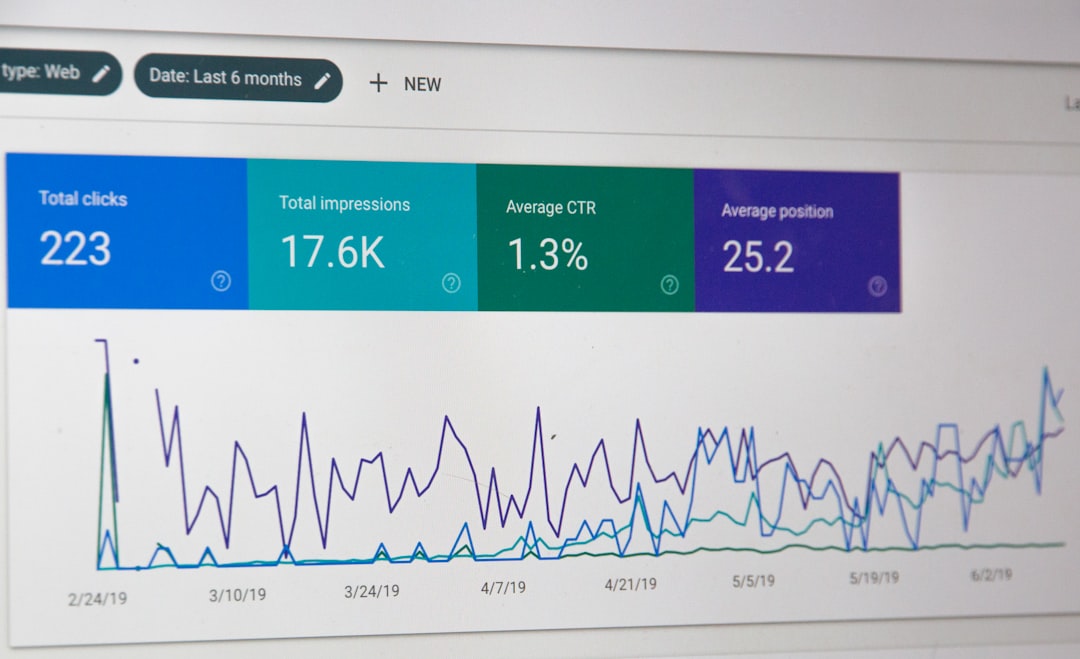What is it about?
How do scholars who use non-English resources identify and obtain what they need for their research? This study explores the strategies used by 16 US-based scholars representing seven different languages. These strategies are classified using a new conceptual model - the information triangle.
Featured Image
Why is it important?
This is the first study to explore the significance of language in the information-seeking context. It brings together the theories of language and the foundations of information-seeking. The new conceptual model (the information triangle) classifies information-seeking strategies in a way that is intuitive, straightforward, and easily generalizable to other areas of information studies.
Perspectives
This study represents, for me, the fascinating intersection between language theory - including language structure and characteristics as well as cultural and geographical factors - and IR user studies. The scholars in this study show how they have become expert in overcoming challenges presented by resources that exist only in other languages and in far away places. I also reject the notion that CLIR and global English are plausible solutions for this group of scholars.
Mrs Carol Sabbar
University of Wisconsin-Milwaukee
Read the Original
This page is a summary of: Language in the information-seeking context, Journal of Documentation, January 2016, Emerald,
DOI: 10.1108/jd-07-2014-0094.
You can read the full text:
Contributors
The following have contributed to this page










